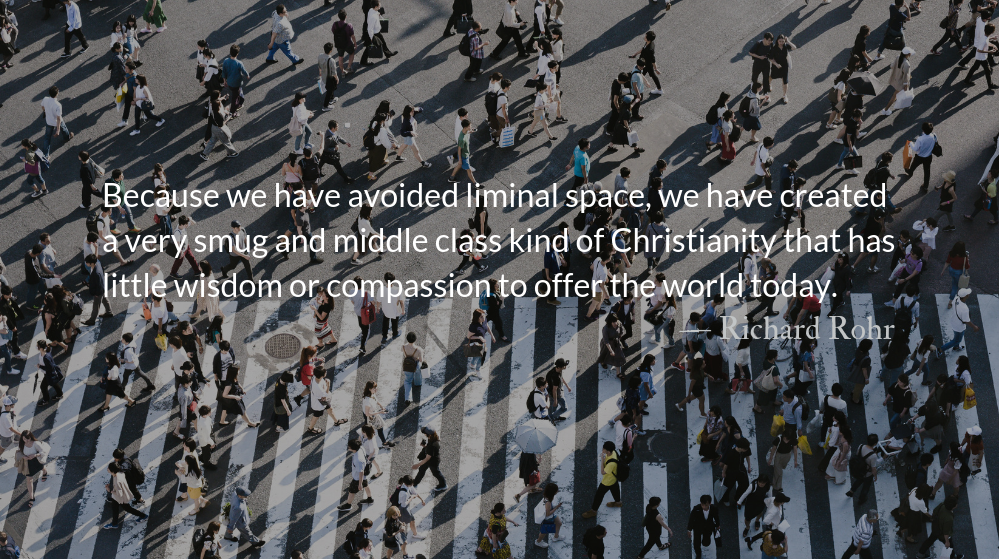Links for today’s readings:
Read: Genesis 24 Listen: (9:42), Read: Mark 2 Listen: (3:55)
Scripture Focus: Genesis 24.50-59
50 Laban and Bethuel answered, “This is from the Lord; we can say nothing to you one way or the other. 51 Here is Rebekah; take her and go, and let her become the wife of your master’s son, as the Lord has directed.”
52 When Abraham’s servant heard what they said, he bowed down to the ground before the Lord. 53 Then the servant brought out gold and silver jewelry and articles of clothing and gave them to Rebekah; he also gave costly gifts to her brother and to her mother. 54 Then he and the men who were with him ate and drank and spent the night there.
When they got up the next morning, he said, “Send me on my way to my master.”
55 But her brother and her mother replied, “Let the young woman remain with us ten days or so; then you may go.”
56 But he said to them, “Do not detain me, now that the Lord has granted success to my journey. Send me on my way so I may go to my master.”
57 Then they said, “Let’s call the young woman and ask her about it.” 58 So they called Rebekah and asked her, “Will you go with this man?”
“I will go,” she said.
59 So they sent their sister Rebekah on her way, along with her nurse and Abraham’s servant and his men.
Reflection: Schemers and Dreamers
By John Tillman
Rebekah’s family were schemers. Genesis 24 is our first glimpse of them. Later, Rebekah will use her deceptive talents to help Jacob steal Esau’s blessing. Fleeing to Laban, Jacob will fall under the full force of the manipulative deception Laban was capable of and not escape for over 14 years.
Abraham was a dreamer. When Abraham left, he was called Abram. He was childless. He was directionless. He was not yet wealthy. He followed an invisible God, with no images or idols made of him and no priests or temples to serve him.
This God promised Abram paradise but called him into desert wilderness. God promised children numerous as the stars or the sand, but as Abram waited those promises seemed like shifting sand and as untouchable as the stars. Eliezer’s visit was the family’s first glimpse of Abraham’s blessings.
Now Eliezer tells them, the dreamer has prospered. The wanderer wasn’t lost. The one who seemed foolish, is proved wise. This “God” he talked about must be real. “This is from the Lord,” Bethuel and Laban admit.
But respect for prophets in their hometowns is limited and the family Abraham left wasn’t shy about holding out for a bigger slice of the pie. They seem nice enough at first. They start with wining and dining you, but then detain you, haggle with you, and cheat you if possible. Stay longer. A few more days. Why rush off? If you weren’t careful, they’d convince you to stay longer than you like and take more from you than you want to give.
Not everything in scripture is a moral metaphor for our lives, but Eliezer’s faithfulness and wisdom is worth considering. So is the recurrence of familial and cultural patterns of sinfulness.
Be careful about patterns in your life that come from culture, family, or tradition. It is unlikely that they are also of God.
Eliezer is hip to the game—innocent as a dove and wise as a serpent. He recognizes that Abraham left for a reason. He refuses to press pause on his mission. He tactfully pulls the eject handle and evacuates.
Is someone trying to delay you or detain you from God’s purposes or calling in your life? Is there a sinful pattern that you need to move on from? Are you settling in when you should be putting those patterns in the rearview mirror?
Be a dreamer.
Divine Hours Prayer: The Request for Presence
For God alone my soul in silence waits; truly, my hope is in him. — Psalm 62.6
– From The Divine Hours: Prayers for Autumn and Wintertime by Phyllis Tickle.
Read more: Test Results
Are you headed for a mountain of testing? Is your church? Is your nation? Think about what you have been trusting.
Read more: Righteousness on Credit
Abram’s righteous deeds did not outweigh his wicked ones to make him righteous and neither will ours.



